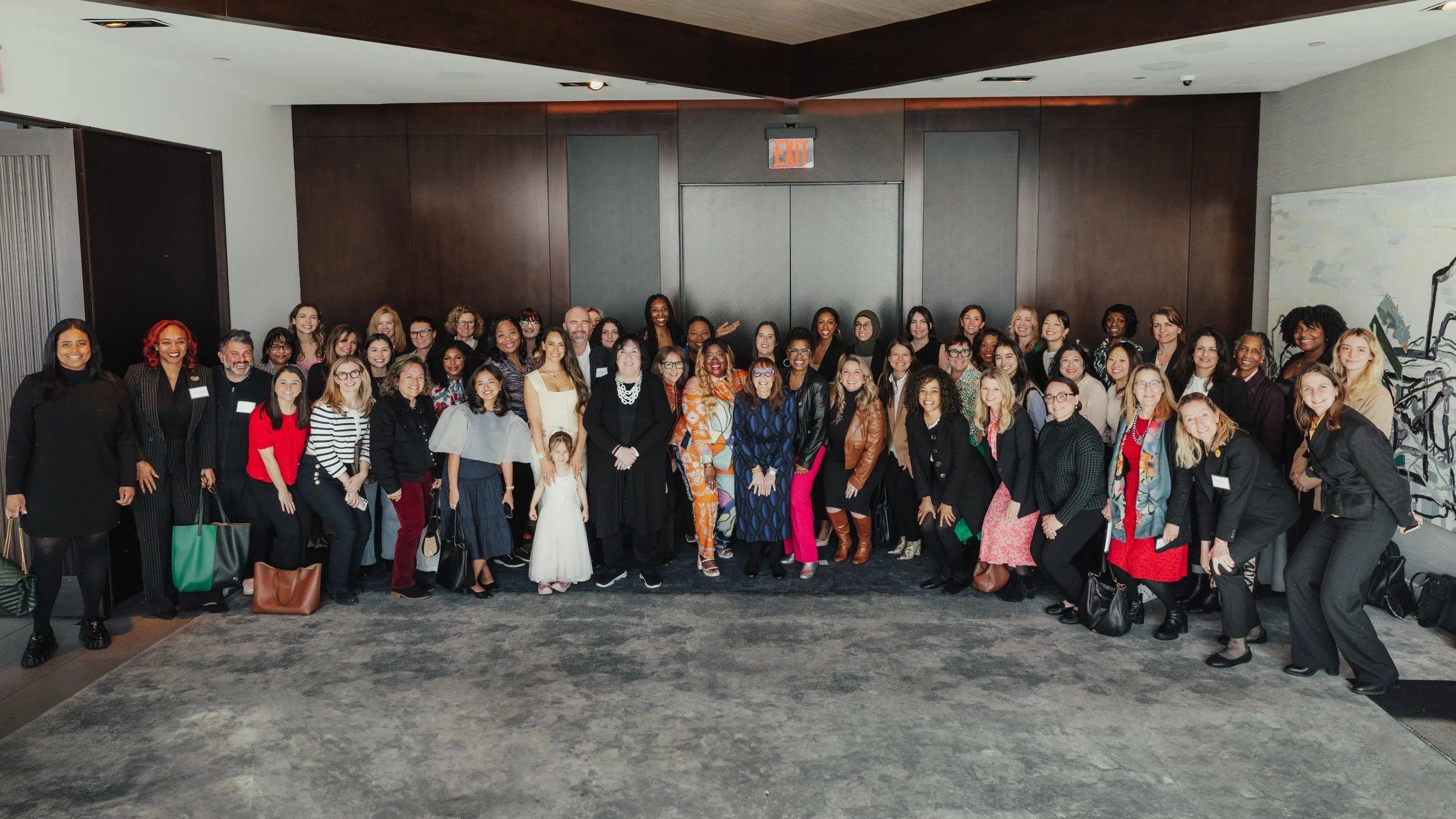Key Insights from Industry Executives on Empowering Women in Leadership in 2024
International Women’s Day Leadership Luncheon presented by Media.com and CommPRO
In recognition of Women's History Month, CommPRO engaged with top executives to explore effective leadership development and management training opportunities that retain female talent and promote women into leadership roles. The discussions also delved into additional supports needed to further advance women in leadership. Here are the key insights on empowering women in leadership roles in 2024.
Equal Pay and Equality in the Workplace
Samara Farber Mormar, Chief Marketing Officer of HUNTER emphasized the ongoing struggle for equal pay and workplace equality, referencing the historical efforts of trailblazers and the persistent gender pay gap. She advocates for targeted initiatives within the PR industry to address these disparities. "Women disproportionately support their families while at home and are paid less than their male counterparts at work," Mormar pointed out, highlighting the need for action in rectifying pay inequalities.
Bridging the Pay Gap and Promoting Executive Representation
Shakira Johnson, founder and Chief Impact Officer of Maple & Monroe underscored the necessity of initiatives that bridge the gender pay gap and advocate for increased representation of women in executive roles and on boards. "Diverse leadership is key to driving ethical and sustainable business practices," Johnson stated, advocating for policies that enhance the economic and social impact of gender equality in the professional sphere.
Individualized Leadership Programs and Mentorship
Dorothy Crenshaw, founder of Crenshaw Communications argued for personalized leadership programs complemented by one-on-one mentorship. She noted the importance of aligning these programs with genuine career advancement opportunities. "Development doesn’t happen in a vacuum," Crenshaw remarked, emphasizing the need for actionable follow-through post-training.
Supportive Environments and Tailored Interventions
Rida Bint Fozi, President of The TASC Group highlighted the importance of supportive environments that encourage women to pursue leadership roles. She pointed out the imbalance in senior female leadership within PR and the need for interventions that directly address this gap. "Mentoring is one of the most meaningful ways to support team growth and leadership development," Fozi noted, advocating for more internal mentorship programs.
Comprehensive Equality and Advocacy
Antonia Caamaño, Senior Vice President, Technology & Innovation from Ruder Finn called for a societal effort towards full gender equality, touching on issues like pay equity, healthcare access, and legal protections. She emphasized the role of leadership in advocating for women's rights and access to essential services. "Achieving full equality requires all of us working together toward a just society," Caamaño stated, underscoring the collective responsibility in supporting women's advancement.
Takeaways for the Communications Industry
The collective insights from these leaders underscore a critical consensus: while significant strides have been made in promoting gender equality within the business world, there is still a considerable journey ahead. A recurring theme is the persistent challenge of achieving pay equity, with calls for targeted initiatives within industries to address this disparity directly. Moreover, there is a strong emphasis on the need for a more inclusive representation of women in executive roles and on corporate boards, highlighting the broader impact of diverse leadership on ethical and sustainable business practices.
Our leaders also reveal a demand for personalized leadership development programs, emphasizing the importance of individualized mentorship and coaching to foster women's career advancement. Additionally, creating supportive work environments that actively promote and facilitate women’s leadership emergence is identified as crucial. Advocacy for policy changes and increased societal support for gender equality in the workplace is also deemed essential. These leaders advocate for a multi-faceted approach that includes addressing systemic issues like the pay gap, enhancing mentorship and development opportunities, and fostering environments that support women’s advancement, thereby driving a more equitable and prosperous future for all within the industry.
“Women’s History Month is opportune time to honor the trailblazers who helped pave the way for so many of us to thrive in the careers we enjoy today,” said Mormar. “But it’s even more important to shine a light on continued inequities such as the gender pay gap, which according to the Pew Research Center hasn’t changed much in two decades.” We agree that there is much work to be done.


